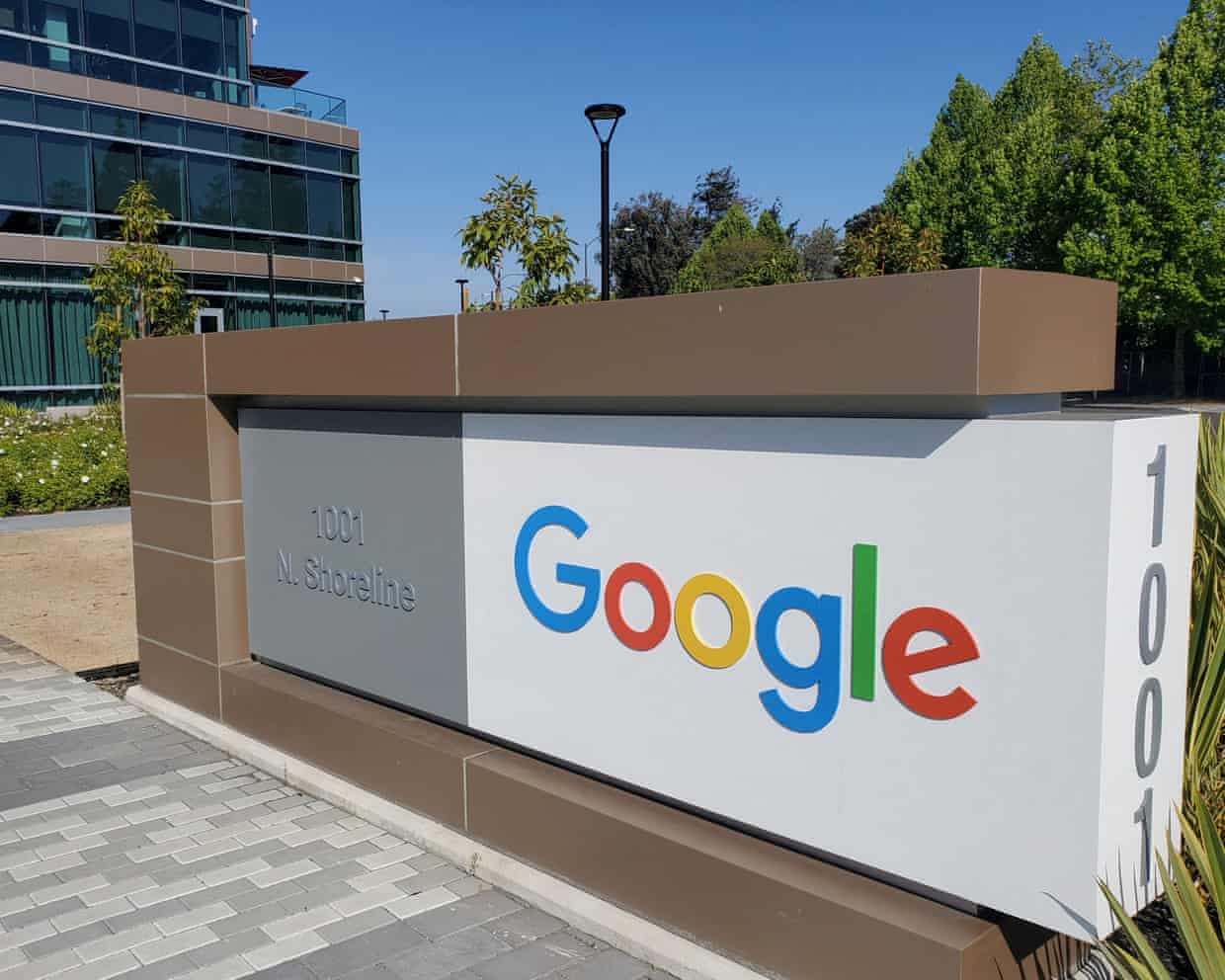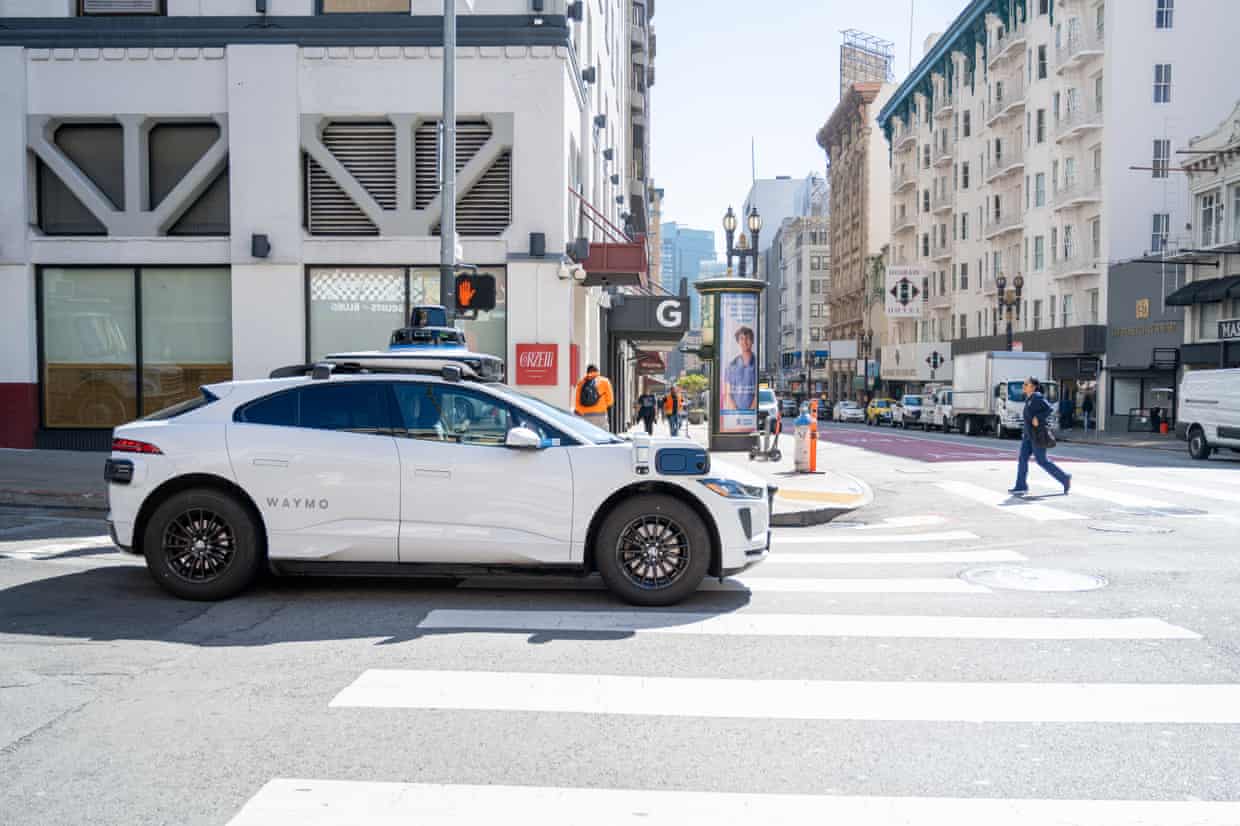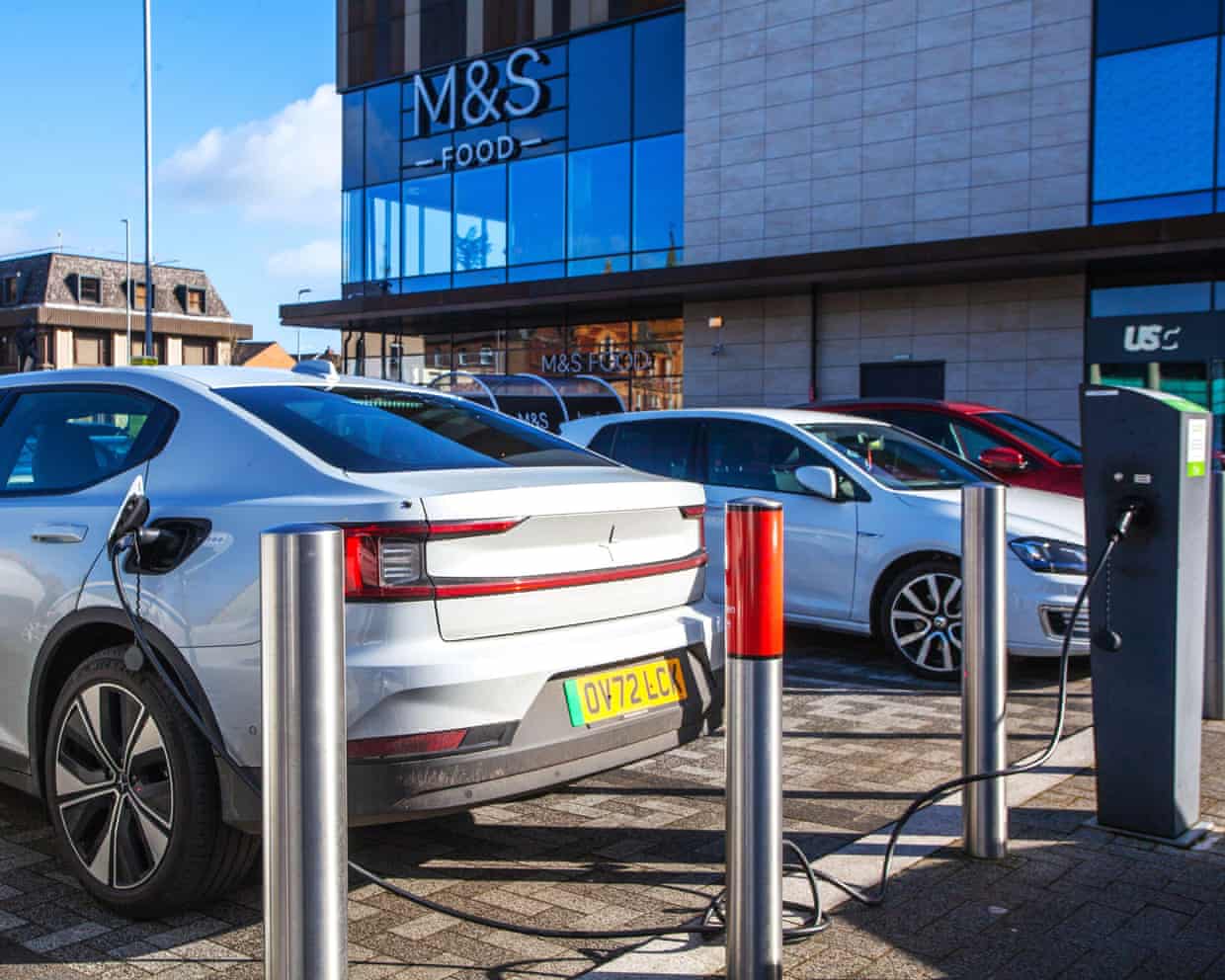UK firms can win a significant chunk of the AI chip market | John Browne

The UK is in a uniquely promising position, far too little understood, to play a lucrative role in the coming era of artificial intelligence – but only if it also grabs the opportunity to start making millions of computer chips.AI requires vast numbers of chips and we could supply up to 5% of world demand if we get our national act together.Our legacy in chip design is world-class, starting with the first general-purpose electronic computer, the first electronic memory and the first parallel computer.Today we have Cambridge-based Arm, a quiet titan designing more than 90% of the chips powering phones and tablets globally.With such a pedigree, it is not idle daydreaming for British companies to win a significant chunk of the AI chip market; 5% is a conservative, achievable ambition.
World-class universities, a thriving foundational AI company in DeepMind, and a robust ecosystem for innovation give the UK the practical tools it needs to compete.The rewards of success are staggering.By 2033, the global AI chip market is projected to reach $700bn (£620bn) a year, outstripping the whole of today’s semiconductor market.Capturing that 5% means $35bn in new revenue and thousands of high-paying jobs.AI will reshape not only our economy but also our society and its security.
Yet so many misunderstand where its true value and strategic power lie.In today’s gold rush, the real fortunes belong to those who build the shovel, not just those digging for digital gold.I saw this first-hand when I was on the Intel board in California between 1997 and 2006 as Gordon Moore and Andy Grove built that company.They built the “back end” of tech’s first revolution just as Nvidia is building the much bigger “back end” now.British engineers, British brains, British business and British investors are world-class at this stuff.
But we will need the government to get on board.Consumer eyes are dazzled by OpenAI’s generative marvels.But it really is Nvidia, the company that supplies the advanced chips that make such feats possible, that reaps the market’s largest rewards.OpenAI looks as if it’s worth only a 10th of Nvidia.AMD, a semiconductor company that designs chips, is a distant second, while startups such as Cerebras and Tenstorrent jostle for a small piece of the pie.
Every AI model and application, from autonomous robots to real-time translation tools, depends on advances in chip technology.Chips are the new oil in the digital economy, determining how quickly and efficiently future applications come to life.At present, the only truly profitable giants in the AI sector are chipmakers.Some fear that China will commoditise AI chips just as it did with solar technology, causing prices to crater and incumbents to fall.The reality is more nuanced.
US export controls prevent China from accessing the world’s advanced chip manufacturing technology for the next decade, severely limiting the country’s capacity to dominate high-end AI chip markets.For now, this leaves the US as the key player, with strong opportunities for Britain as its closest ally adept at chip design.The UK has already generated a few companies such as Fractile, Flux and Oriole working in this area.But we lack the scale to match the opportunity.We should not compete with Nvidia for the compute power of datacentres but in specialised applications that break new ground: robotics, factory automation, medical devices and autonomous vehicles.
These sectors offer open terrain for innovative architectures and fresh competition.Sign up to Business TodayGet set for the working day – we'll point you to all the business news and analysis you need every morningafter newsletter promotionToo often, UK industrial strategy is hobbled by national trepidation and lack of confidence.This must change.First the government must strongly promote our determination to compete in AI chips.Second, within a decade we must double our chip design workforce from today’s 12,000, providing incentives for more talented students to study electrical engineering and computer science with generous bursaries.
A target of 1,500 new students a year is realistic,Universities must offer the courses and the government must step up with practical financial support,Third, the UK must use its investment levers: sovereign AI funds, the British Business Bank, the National Wealth Fund and the mandate to “buy British” by the Ministry of Defence,Fourth, the UK’s strategic relationship with the US must be a platform for deep integration with leading US chip manufacturers and access to their advanced sub-3 nanometer fabrication technology,Building robust supply chains and innovation pipelines with US partners is indispensable.
If the UK leans in fully, the new age of AI may be written not just in code, but in silicon, bearing a very British imprint,Lord Browne is the co-chair of the Council for Science and Technology,He is the chair of BeyondNetZero and was the chief executive of BP from 1995 to 2007

UK firms can win a significant chunk of the AI chip market | John Browne
The UK is in a uniquely promising position, far too little understood, to play a lucrative role in the coming era of artificial intelligence – but only if it also grabs the opportunity to start making millions of computer chips.AI requires vast numbers of chips and we could supply up to 5% of world demand if we get our national act together.Our legacy in chip design is world-class, starting with the first general-purpose electronic computer, the first electronic memory and the first parallel computer. Today we have Cambridge-based Arm, a quiet titan designing more than 90% of the chips powering phones and tablets globally.With such a pedigree, it is not idle daydreaming for British companies to win a significant chunk of the AI chip market; 5% is a conservative, achievable ambition

EU investigates Google over ‘demotion’ of commercial content from news media
The EU has opened an investigation into Google Search over concerns the US tech company has been “demoting” commercial content from news media sites.The bloc’s executive arm announced the move after monitoring found that certain content created with advertisers and sponsors was being given such a low priority by Google that it was in effect no longer visible in search results.European Commission officials said this potentially unfair “loss of visibility and of revenue” to media owners could be a result of an anti-spam policy Google operates.Under the rules of the Digital Market Act (DMA), which governs competition in the tech sectors, Google must apply “fair, reasonable and non-discriminatory conditions of access to publishers’ websites on Google Search”.Commission officials said the investigation was not into the overall indexing of newspapers or their reporting on Google Search, just into commercial content provided by third parties

Anthropic announces $50bn plan for datacenter construction in US
Artificial intelligence company Anthropic announced a $50bn investment in computing infrastructure on Wednesday that will include new datacenters in Texas and New York.“We’re getting closer to AI that can accelerate scientific discovery and help solve complex problems in ways that weren’t possible before,” Anthropic’s CEO, Dario Amodei, said in a press release.Building the massive information warehouses takes an average of two years in the US and requires copious amounts of energy to fuel the facilities. The company, maker of the AI chatbot Claude, popular with businesses adopting AI, said in a statement that the “scale of this investment is necessary to meet the growing demand for Claude from hundreds of thousands of businesses while keeping our research at the frontier”. Anthropic said its projects will create about 800 permanent jobs and 2,400 construction jobs

Waymo announces that its robotaxis will drive freeways for the first time
Alphabet’s Waymo said on Wednesday that it would begin offering robotaxi rides that use freeways across San Francisco, Los Angeles and Phoenix, a first for the Google subsidiary as it steps up expansion amid global and domestic competition in the self-driving industry.Freeway rides will initially be available to early-access users, Waymo said. “When a freeway route is meaningfully faster, they can be matched with a freeway trip, providing quicker, smoother, and more efficient rides,” it said.Waymo, which already operates in parts of the San Francisco Bay Area, is also extending operations to San Jose, including Mineta San Jose international airport, the second airport in its service area after Phoenix Sky Harbor.The move comes as Tesla expands its robotaxi service with safety monitors and drivers, and Zoox – backed by Amazon – offers free robotaxi rides on and around the Las Vegas Strip

A tax roadmap for electric cars | Letters
Rachel Reeves’s proposal to introduce a pay-per-mile tax levy on electric vehicles is idiotic, especially suggesting that hybrid vehicles will have a reduced rate and still pay the usual road tax (Rachel Reeves considering pay-per-mile tax for electric vehicles in budget, 6 November). Furthermore, requiring drivers to predict their yearly mileage in advance and then pay or reclaim the difference for actual mileage depending on whether they have underestimated or overestimated it is too cumbersome. If the DVLA is to oversee the collection/repayment system, it will undoubtedly need to recruit more staff or outsource the arrangement, with all the attendant pitfalls that would entail.The fairest way for the taxation of all motorists is to abolish the road tax and introduce a road toll system, as used on the Dartford crossing and the M6 toll road. Automatic number plate recognition (ANPR) would need to be an essential feature

Tech companies and UK child safety agencies to test AI tools’ ability to create abuse images
Tech companies and child protection agencies will be given the power to test whether artificial intelligence tools can produce child abuse images under a new UK law.The announcement was made as a safety watchdog revealed that reports of AI-generated child sexual abuse material [CSAM] have more than doubled in the past year from 199 in 2024 to 426 in 2025.Under the change, the government will give designated AI companies and child safety organisations permission to examine AI models – the underlying technology for chatbots such as ChatGPT and image generators such as Google’s Veo 3 – and ensure they have safeguards to prevent them from creating images of child sexual abuse.Kanishka Narayan, the minister for AI and online safety, said the move was “ultimately about stopping abuse before it happens”, adding: “Experts, under strict conditions, can now spot the risk in AI models early.”The changes have been introduced because it is illegal to create and possess CSAM, meaning that AI developers and others cannot create such images as part of a testing regime

’Tis the season for dubious TV adverts | Letters

US markets struggle amid tech sell-off and economic uncertainty

Thames Water tried to make MP pay its legal fees of up to £1,400 an hour

Pound falls and UK borrowing costs rise as Reeves ditches plans for income tax hike – as it happened

Walmart CEO Doug McMillon to step down after more than a decade in role

‘Red cup rebellion’: striking Starbucks baristas urge customers to stay away